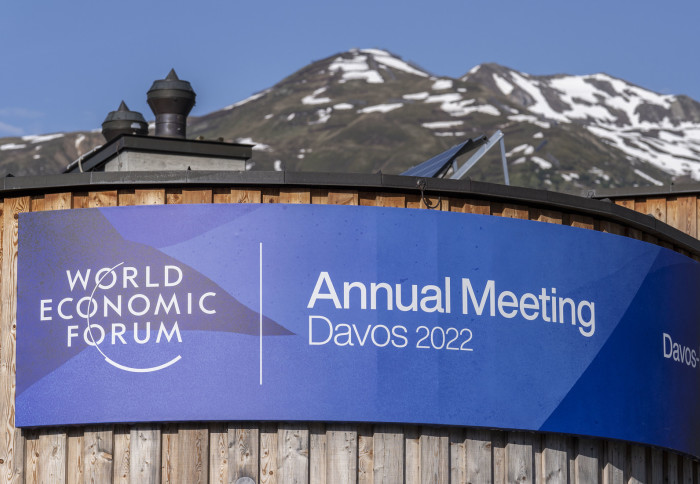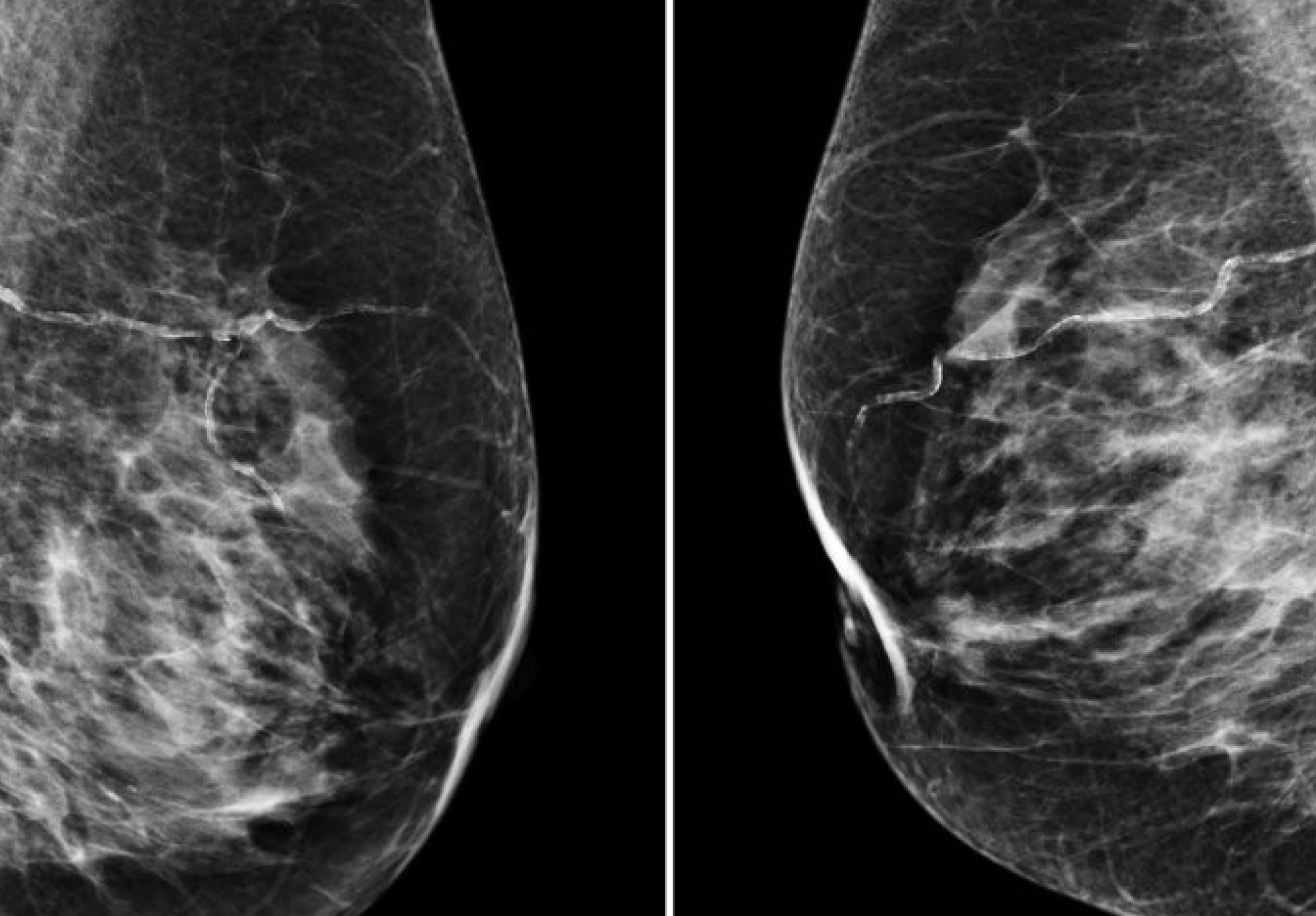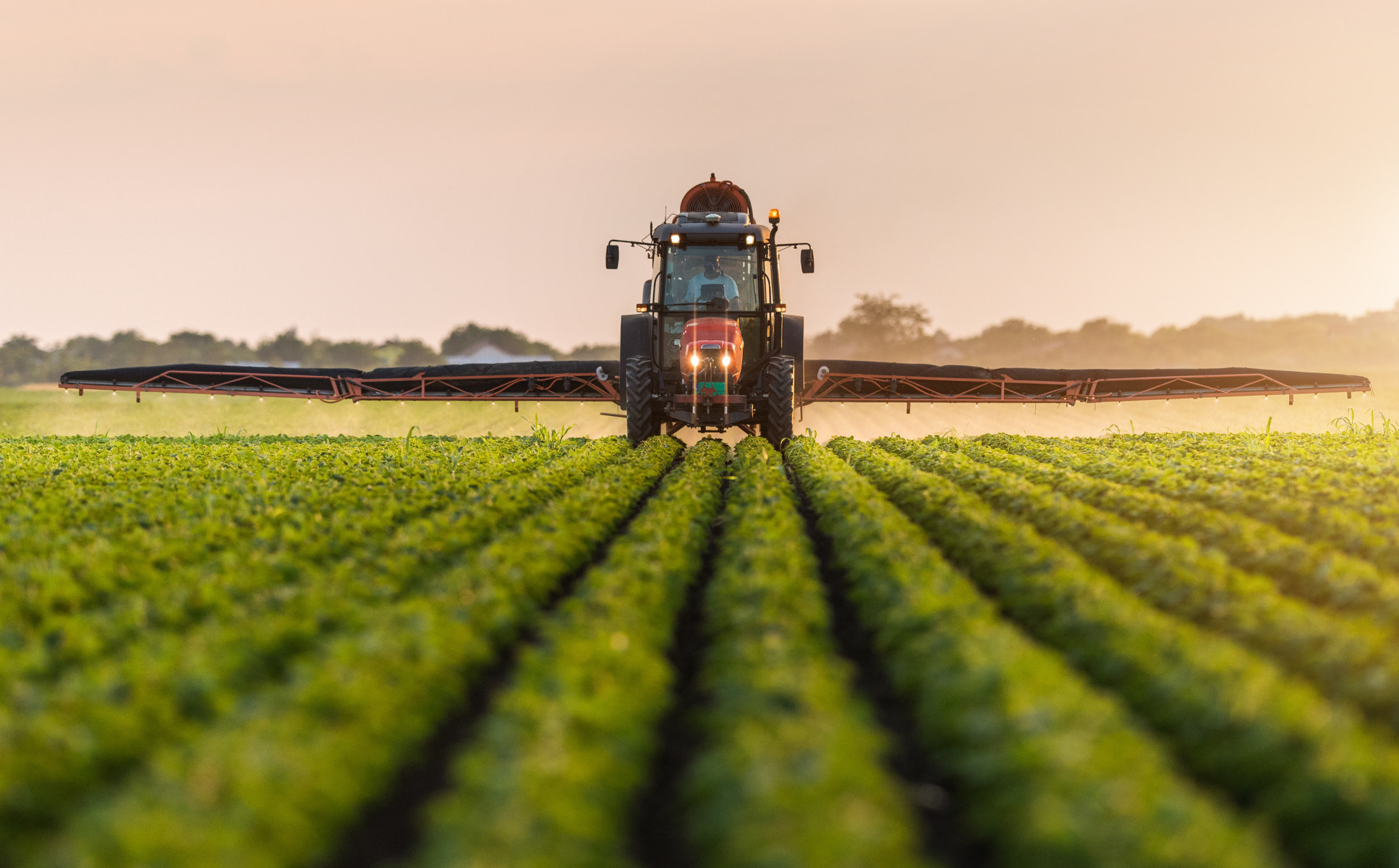Davos 2022: Artificial intelligence is vital in the race to meet the SDGs

As world leaders meet in Davos this week for the World Economic Forum, President Alice Gast writes on using AI in the race to meet the SDGs.
Writing for the World Economic Forum's (WEF) Agenda, President Gast says artificial intelligence (AI) could help us achieve the UN's Sustainable Development Goals (SDGs) more rapidly.
President Gast writes: "It is imperative that we put good processes and practices in place to ensure AI is developed in a positive and ethical way to see it adopted and used to its fullest by citizens and governments.
"We must now work together to ensure that artificial intelligence can accelerate progress of the Sustainable Development Goals and help us get back on track to reaching them by 2030."
President Gast highlighted some of the projects at Imperial that are harnessing the potential of AI to reach the SDGs.
Healthcare

Researchers from Google Health, DeepMind, the NHS, Northwestern University and colleagues at Imperial have designed and trained an AI model to spot breast cancer from X-ray images.
The computer algorithm, which was trained using mammography images from almost 29,000 women, was shown to be as effective as human radiologists in spotting cancer. At a time when health services around the world are stretched as they deal with long backlogs of patients following the pandemic, this sort of technology can help ease bottlenecks and improve treatment.
Malaria diagnosis in developing countries
For malaria, a handheld lab-on-a-chip molecular diagnostics systems developed with AI could revolutionize how the disease is detected in remote parts of Africa. The project, which is led by the Digital Diagnostics for Africa Network, brings together collaborators such as MinoHealth AI Labs in Ghana and Imperial’s Global Development Hub. This technology could help pave the way for universal health coverage and push us towards achieving SDG3.
Improving food production

With an expanding global population, we face challenges around food demand and production – not only how to reduce malnourishment but the impact on the planet too, such as deforestation, emissions and biodiversity loss. To meet these needs, the use of artificial intelligence in agriculture is growing rapidly and is enabling farmers to enhance crop production, direct machinery to carry out tasks autonomously, and identify pest infestations before they occur.
Smart sensing technology is also helping farmers use fertilizer more effectively and reduce environmental damage. An exciting research project, funded by the EPSRC, Innovate UK and Cytiva, will help growers optimize timing and amount of fertilizer to use on their crops, taking into account factors like the weather and soil condition. This will reduce the expense and damaging effects of over-fertilizing soil.
Imperial at Davos
Imperial College Business School will be in Davos alongside the World Economic Forum from 22 - 26 May 2022. They will be holding a series of events on the theme of Transforming Organisations, Transforming Markets – an opportunity to explore some of the most pressing challenges and exciting opportunities facing business today.
One of the salons will focus on 'Delivering AI ethics' and another will focus on 'Decoding digital assets'.
Imperial academics will also be taking part in fringe panels on 'Integrating SDGs in the transition to Web3 technologies' and 'Rethinking Capitalism in the 4th industrial revolution'.
Article text (excluding photos or graphics) © Imperial College London.
Photos and graphics subject to third party copyright used with permission or © Imperial College London.
Reporter
Stephen Johns
Communications Division